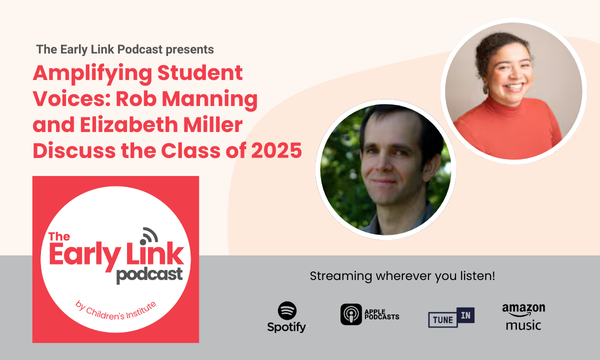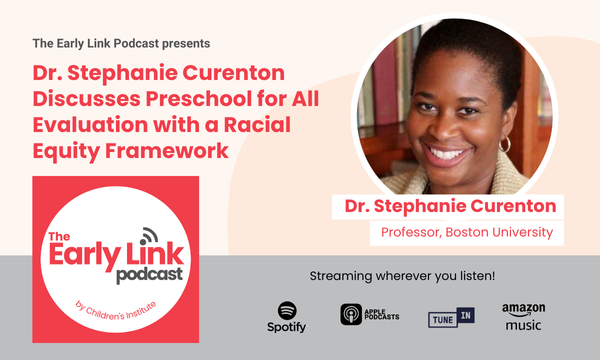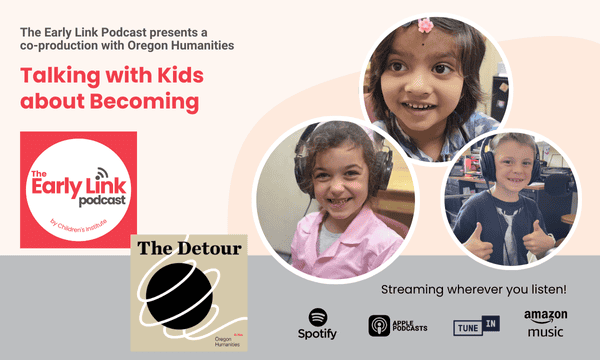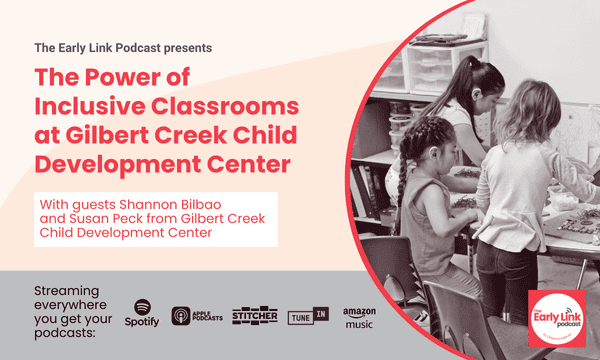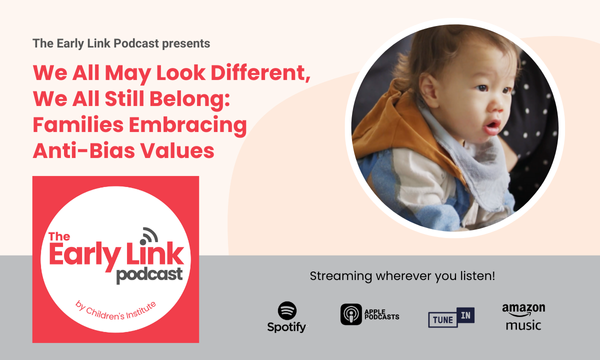
We All May Look Different, We All Still Belong: Families Embracing Anti-Bias Values

A family reads together during one scene in the documentary film, Families Embracing Anti-Bias Values.
More about The Early Link Podcast
The Early Link Podcast highlights national, regional, and local voices working in early childhood education and the nonprofit sector. The podcast is written, hosted, and produced by Rafael Otto, Children’s Institute’s director of communications.
Listen to more episodes of the Early Link Podcast here or stream on Spotify, Stitcher, Amazon Music, TuneIn, and Apple Podcasts.

